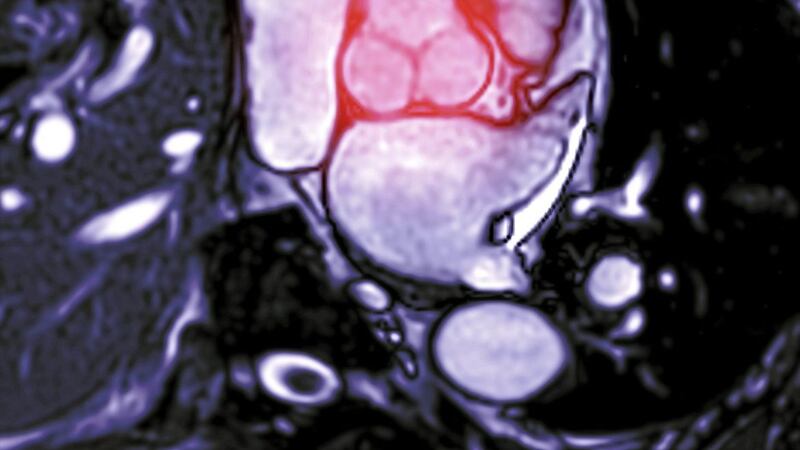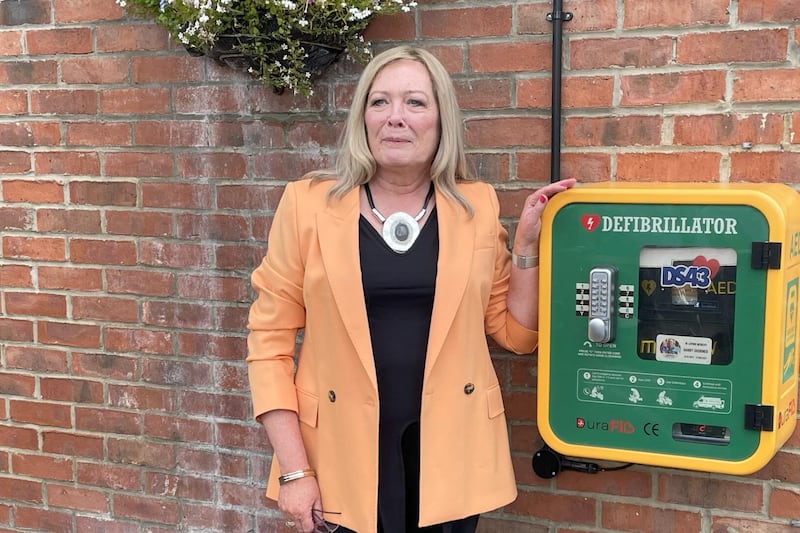A TYPE of smart scan used in people with heart disease could also help spot aggressive cancers in children and provide early signs of whether a treatment is working, a study suggests.
Known as T1 mapping, the MRI imaging technique is non-invasive and is used to assess damage to heart muscle tissue.
Tests on mice have shown that the method has the potential to pick out neuroblastoma, a type of cancer that affects babies and young children, and assess whether drugs used to treat the disease are working.
Scientists from the Institute of Cancer Research (ICR), London, who conducted the research, said T1 mapping scans could also potentially be used more widely with other cancer patients, by “ensuring treatments are tailored for each patient and rapidly stopped when they are not working”.
“Our findings show that an imaging technique readily available on most MRI scanners has the potential to pick out children with aggressive cancer and give us early signs of whether a treatment is working," Dr Yann Jamin, Children with Cancer UK research fellow at ICR and lead researcher, said.
“It is easy to perform and analyse T1 MRI scans, and they could be used to provide insights into many aspects of cancer biology – and help doctors to design tailored treatments based on how aggressive a tumour appears to be.”








